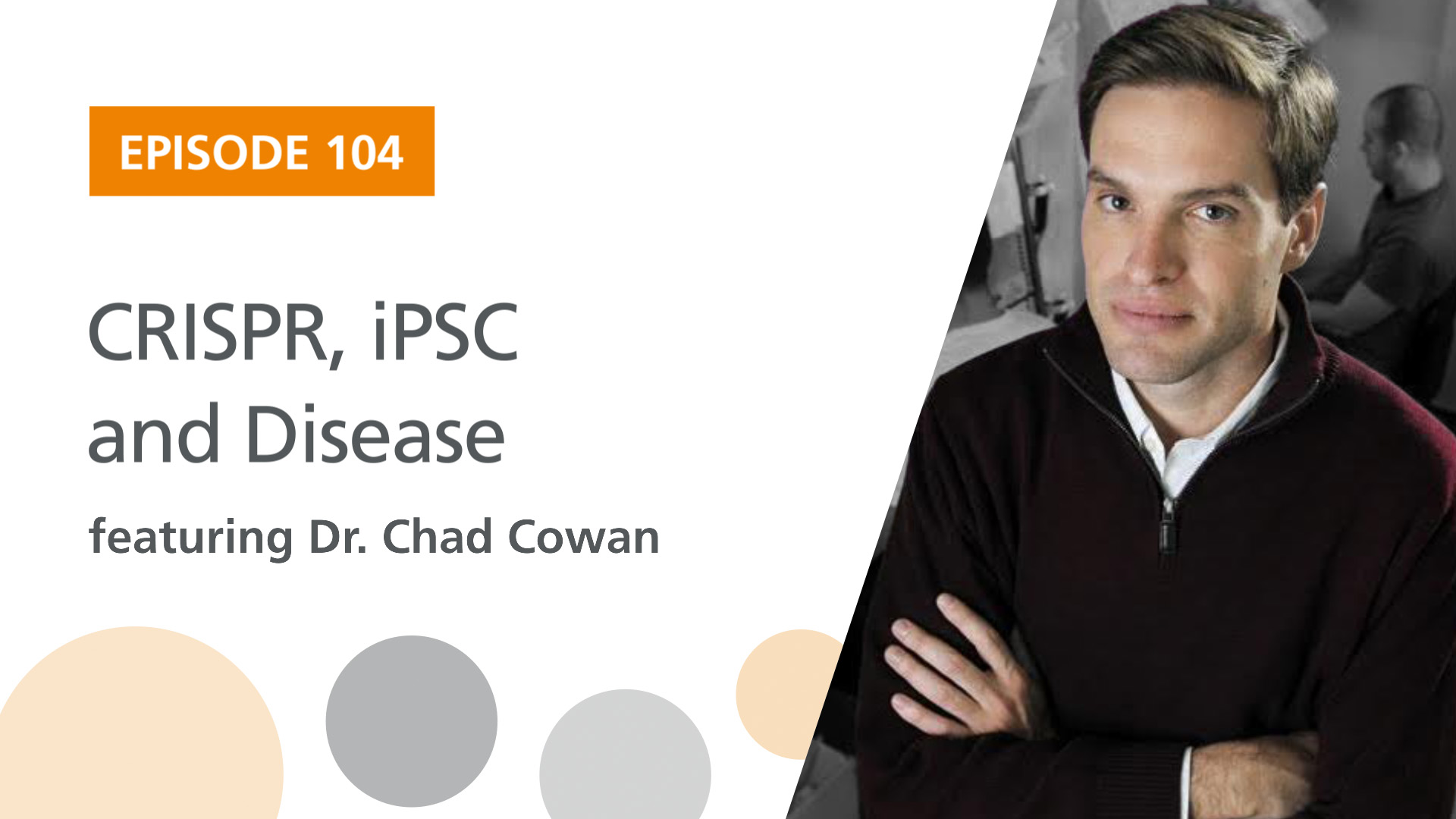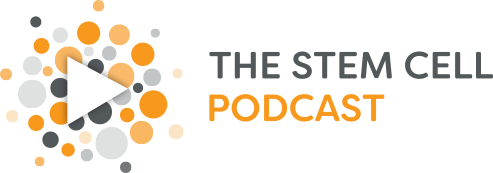
Podcast: Play in new window
Guest
Dr. Chad Cowan is a Principal Investigator and Associate Professor in Department of Stem Cell and Regenerative Biology at Harvard University. Chad joins the hosts to talk about CRISPR and its uses with stem cell biology to study disease.
Featured Resource: Investigating Metabolic Disease with Human Pluripotent Stem Cells Webinar
Resources and Links
E-Cigarettes Can Lead Teens to Higher Smoking Rates in Teens – According to this article, teens who vaped liquids containing higher concentrations of nicotine reported heavier and more frequent smoking and vaping six months later.
9 Million People Died from Pollution in 2015 – This article reports that in the most severely polluted countries, 25 percent of premature deaths could be attributed to pollution, especially in the air.
Laws to Protect Athletes from Concussion Dangers Has an Impact – According to this article, more than 2½ years after the laws to protect young athletes against the dangers of concussions went on the books, repeat concussions began to decline among high school athletes.
Inbreeding Impairs Reproductive Success – In this article, mating with a close relative, known as inbreeding, reduces human evolutionary fitness — measured by the ability to produce offspring.
Method to Accelerate Maturation of Neurons Derived from Stem Cells – This article reveals that hydrogel can be used as a scaffold for engineering artificial brain tissue and promotes the development of neurons.
Mutation Plus Sun Tanning (Really UV Exposure) Causes Skin Cancer – In this article, a group of scientists based at Cornell University now report that melanoma may arise from melanocyte stem cells (MCSCs), specifically, MCSCs that have become “melanoma competent” because they have accumulated a sufficient number of genetic mutations.
Naked Mole Rat Cells Have a Stable Epigenome that Resists iPSC Reprogramming – Researchers observed that the reprogramming efficiency of naked mole rat fibroblasts in response to OSKM was drastically lower than that of mouse fibroblasts.
Generation of a Motor Nerve Organoid with Human Stem Cell-Derived Neurons – According to this article, to build an organoid mimicking developing nerve tissue, researchers employed a strategy that allowed the neurons to follow the cell-intrinsic axon growth and fasciculation programs with minimal intervention.
Photo Reference: Courtesy of Dr. Chad Cowan

